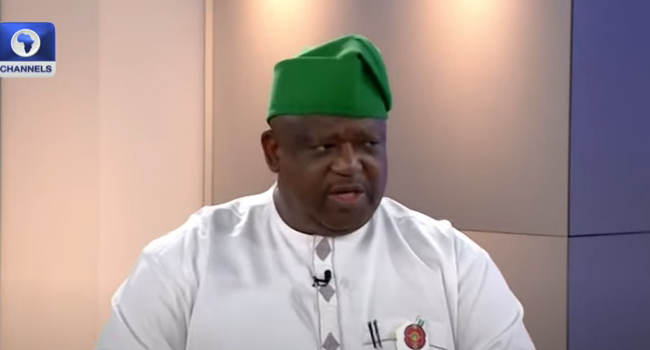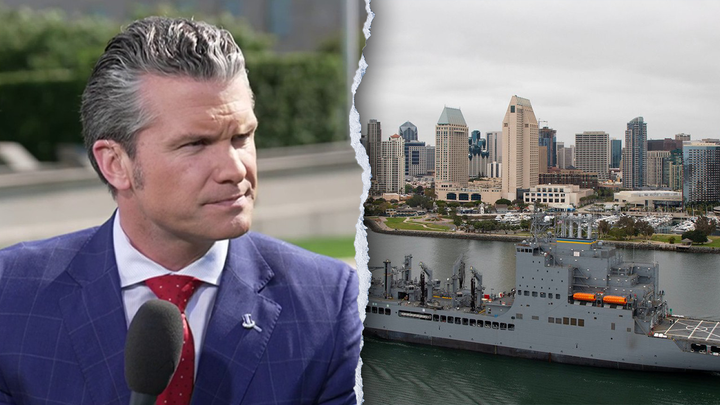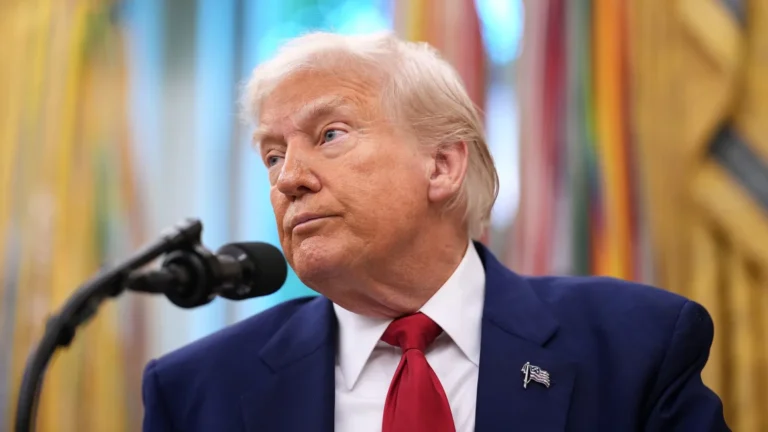
Bandits Take Control of 64 Plateau Communities, Governor Confirms
Jos, Nigeria
Governor Caleb Muftwang of Plateau State has revealed that no fewer than 64 communities across the state are now under the control of armed groups, following years of unrelenting violence in the region. The governor made the disclosure during a live interview on Channels Television’s Politics Today, on Tuesday, sparking widespread concern over the state of security in Nigeria’s North-Central zone.
“These communities that have been recently attacked were part of the ones that were targeted in 2023,” Muftwang stated. “They survived the initial assaults and rebuilt themselves. The Ruwi community, for instance, lost about 17 people last year but managed to bounce back—showing the incredible resilience of our people.”
Despite these efforts, the past week has seen renewed bloodshed. At least 50 people were killed in attacks affecting over five communities, and more than 100 homes were reportedly set ablaze. Locals and state officials believe the attackers are armed militia believed to be herders who have long clashed with farming communities over land and grazing rights.
State Response and Relief Efforts
In response to the escalating crisis, the Secretary to the State Government, Samuel Jatau, visited several affected areas to assess the destruction and deliver relief materials. His visit aimed not only to support displaced residents but also to better understand the scale of devastation caused by the armed incursions.
This pattern of violence is not a new phenomenon in Plateau State or in the broader North-Central region of Nigeria. Governor Muftwang highlighted that these attacks have persisted for at least a decade, with little in the way of lasting resolution or effective intervention.
“If these attacks have been going on for close to 10 years, it tells you that there is a deliberate, conscious attempt to clean out populations and reoccupy these lands,” he said.
According to the governor, entire villages in the Bokkos, Barkin Ladi, and Riyom Local Government Areas have been overtaken. “As I am talking to you, there are not less than 64 communities that have been taken over by armed groups on the Plateau. They have been renamed, and people are now living there comfortably on lands from which others were violently displaced.”
A History of Conflict
The Plateau region has long been a flashpoint for ethno-religious and resource-based conflicts, particularly between predominantly Christian farming communities and mostly Muslim pastoralist groups. These tensions have been aggravated by environmental stress, population pressures, and weak governance structures.
The International Crisis Group and other security watchdogs have documented a pattern of reprisal attacks, forced evictions, and land seizures in the region. In many cases, state responses have been seen as inadequate, with communities left to defend themselves or flee.
Despite calls for stronger federal intervention, little has changed on the ground. Human rights organizations such as Amnesty International have repeatedly urged the Nigerian government to address the root causes of the conflict and ensure justice for victims.
Calls for Federal Intervention
Governor Muftwang’s remarks come at a time when confidence in the federal government’s ability to handle internal security challenges is waning. He appealed for more decisive action to reclaim the occupied communities and resettle displaced families.
Security experts argue that without a comprehensive approach—one that combines military action, political negotiation, and economic support—the crisis in Plateau and similar regions will continue to spiral.
The Governor has called on both the federal government and international partners to recognize the situation as a form of internal displacement and to treat it with the urgency it deserves.
“We are dealing with a humanitarian crisis,” he said. “People are being pushed out, their homes destroyed, their communities erased. This is beyond just clashes; it’s systematic.”
As Nigeria prepares for the rainy season, displaced families face the dual threat of insecurity and environmental hardship. Humanitarian agencies have warned that without immediate assistance, the region may witness an even deeper crisis in the coming months.




